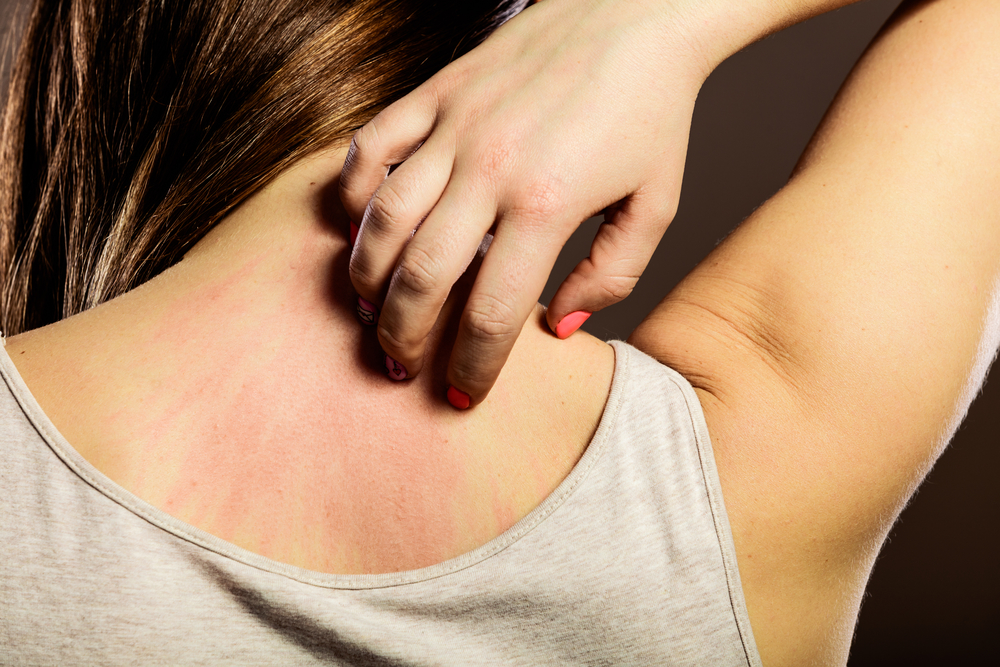You know the difference between lactose intolerance and milk protein allergy? Many people find it difficult to understand the difference, so today we are going to talk about, symptoms, diet and treatment of the two conditions.
lactose intolerance (IL) and milk protein allergy (CMPA) there are two conditions many different what, although they involve a reaction negative for milk, have causes, symptoms and treatments many different.
These are two conditions that many people ignore and do not know the importance of taking care of..
Lactose intolerance
A lactose intolerance is caused by the body's inability to digest to lactose, the sugar present in milk. This occurs when the body does not produce enough lactase, an enzyme necessary for digestion from lactose. Os symptoms most common cases of lactose intolerance are abdominal pain, swelling, flatulence, diarrhea, nausea is cramps.
Let anyone who never thought they were lactose intolerant cast the first stone after a beautiful family lunch with lots of exaggerations! Well, I already, but it was just too much!!!!
In lactose intolerance, treatment may include elimination or reduction consumption of milk and dairy products. A addition of lactase enzymes to foods containing lactose is also an option. Alternatively, some people with lactose intolerance may tolerate fermented dairy products, as yogurt is cheese, but it is important to be sure that the consumption of these foods will not be harmful, Always consult your doctor before consuming.

Milk protein allergy
A milk protein allergy It's a reaction immunological a proteins present in milk, como a casein. Symptoms of a milk protein allergy may include:
- skin rashes, urticaria, facial swelling, vomiting, diarrhea, abdominal pain and even difficulty breathing in severe cases.
If you are allergic to milk protein and need dairy-free recipes, click here and I will help you.
Treatment for milk protein allergy involves complete elimination of dairy products in the diet. Foods that contain leite, like cheese, butter and cream, should be avoided. In some cases, a doctor can prescribe medicines to treat allergy symptoms.
I'll just remind you that, how the two conditions are different, to take medication for allergies, milk protein is not the same as taking enzima lactase, in which you consume and are allowed to eat foods with milk. Medication for CMPA is intended to soften the inflammatory condition of allergies in cases of consumption accidental. So don't go out eating milk and dairy products and then take the anti-allergic.
I myself have had to remove milk protein and eggs from my diet., besides I no longer consume gluten and I know it's not easy. But I also know the consequences of not following the correct diet.. Here neste link I talk about my diagnosis of celiac disease and egg allergy And what was it like going through it all?.

Diet
Now that we know the difference between lactose intolerance and milk protein allergy we can talk about diet and its importance.. I know that many people with these conditions don't take it seriously and don't follow the diet., So we need to talk about this..
Intolerant and allergic people need to follow special diets to avoid symptoms. In lactose intolerance, depending on the case, foods with low lactose, like cheese and yogurt, can be consumed with moderation, therefore, advised by a doctor or nutritionist. Lactose-free products (enzymed) are also an option. In milk protein allergy, all dairy products should be avoided, inclusive the enzymes. The foods processed should also be carefully examined, because many contain traces of milk.
But I can't eat even a little bit?
A importance of the diet in both cases is extrema, because the consequences of a bad diet, can be harmful to health (I say it), even fatal. Untreated lactose intolerance can aggravate the symptoms and depending on the case, cause health problems secondary. Dehydration, difficulty absorbing nutrients, gastrointestinal problems, weight gain and increased risk of chronic diseases could be some of these problems.
Milk protein allergy, If not taken care of, it can lead to anaphylactic reactions. An anaphylactic reaction is a serious and potentially fatal that occurs quickly after exposure to an allergen. It can cause dangerous symptoms like drop in blood pressure, breathing difficulty, swelling in the throat and tongue, hives and generalized itching. Therefore, if not treated immediately, can lead to death in a matter of minutes.
It is very important to follow the diet and not let “just a little bit” take over our conscience. I know it's difficult to follow a diet restricted in any food, but it's not worth putting your health at risk. If you have difficulty following a dairy/lactose-free diet, Look for a nutritionist to help you make substitutions and eat well without feeling hungry.
I know that the symptoms can also be embarrassing, which is why the taboo of not wanting to tell others that you have the condition. But at the same time, imagine going out with friends, consume something with milk and feel sick with everyone realizing that something is wrong. It would be super boring, right??
